ISLAMAFR - Conquest, Ecology and Economy in Islamic North Africa: The Example of the Central Medjerda Valley
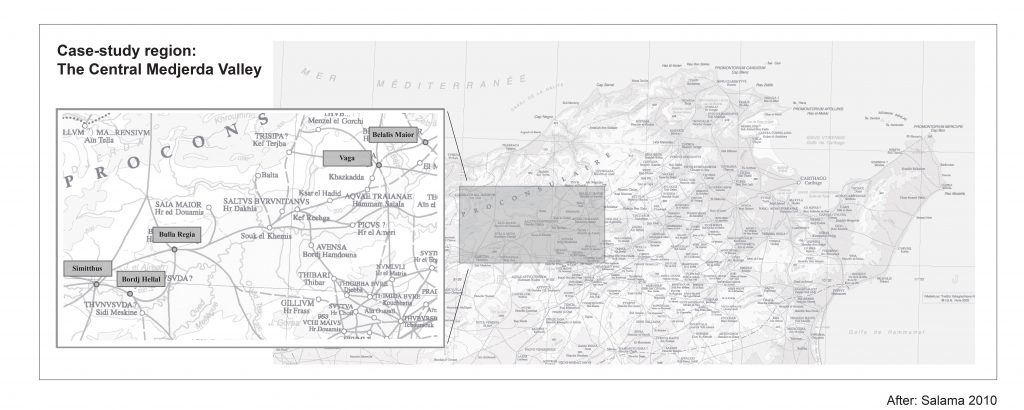
The Muslim conquest of North Africa and subsequent regime changes resulted in widespread changes in urbanism, agriculture and regional economies which are fundamental to understanding the development of North African society, united under Islam. Recent synthetic studies challenge what has long been the textbook understanding of the collapse of Roman rule and the impact of the Muslim conquests in North Africa, in which the eighth and ninth centuries have often been seen as a dark age. Ongoing excavations at the important, neighbouring urban centres of Simitthus (Chimtou) and Bulla Regia (Hammam Darraji) in NW Tunisia have highlighted the complexity of urban trajectories, technological innovation and environmental change in the medieval period.
The proposed project will build on these findings, addressing a fundamental gap in our understanding of cultural, economic and landscape transformations in medieval North Africa. Moving beyond the simple question of urban continuity or collapse in late antiquity and the early medieval period, it will investigate the extent to which the Muslim conquests and subsequent regime change represented a force of economic and social transformation. This will be assessed by tracking long-term changes in settlement patterns, landscape use, patterns of exploitation and technology in the central Medjerda valley. The project will evaluate five sites with different trajectories in the medieval period, conducting topographic and geophysical survey in order to identify suitable zones for excavation. Following this evaluation, the sites will be targeted with a systematic sampling strategy aimed at recovering a stratified material culture sequence and a high density of plant and animal remains associated with occupation sequences. Environmental data will be extracted from the sites’ hinterlands to understand changing climatic and environmental conditions. This data will be synthesized with relevant Latin, Greek and Arabic sources. The results will be contextualized within broader trends in the Mediterranean and the Islamic world which characterize the ‘first Islamic millennium’. This project will ultimately result in both a fundamental advance of our understanding of Islamic North Africa and a new interpretative framework which can be applied to other regions of the Islamic world.
Members
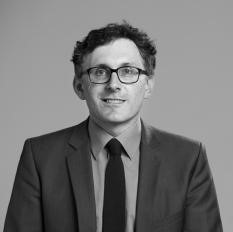
Prof. Dr. Philipp von Rummel
DAI Berlin Head Office
generalsekretaer@dainst.de
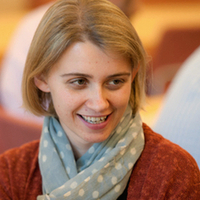
Dr. Corisande Fenwick
University College London / Institute of Archaeology
c.fenwick@ucl.ac.uk
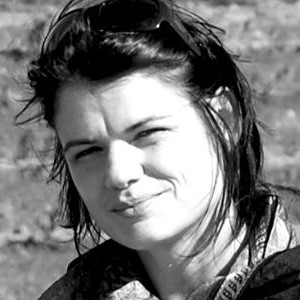
Dr. Heike Möller
DAI Berlin Head Office
heike.moeller@dainst.de
Cooperation partners
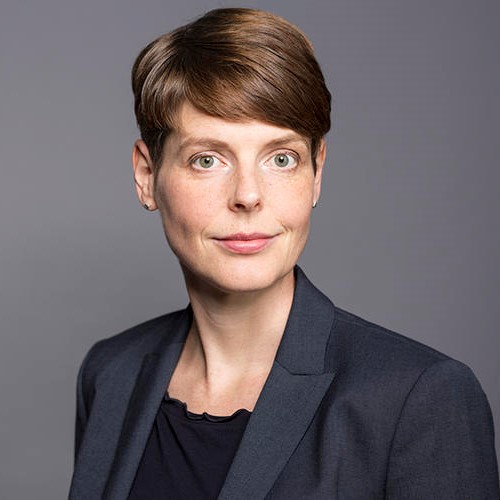
Prof. Dr. Wiebke Bebermeier
FU Berlin / Institute for Geographical Sciences
wiebke.bebermeier@fu-berlin.de
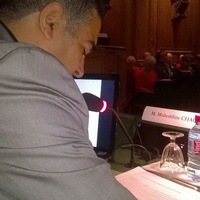
Dr. Moheddine Chaouali
Institut National du Patrimoine / INP, Tunisie